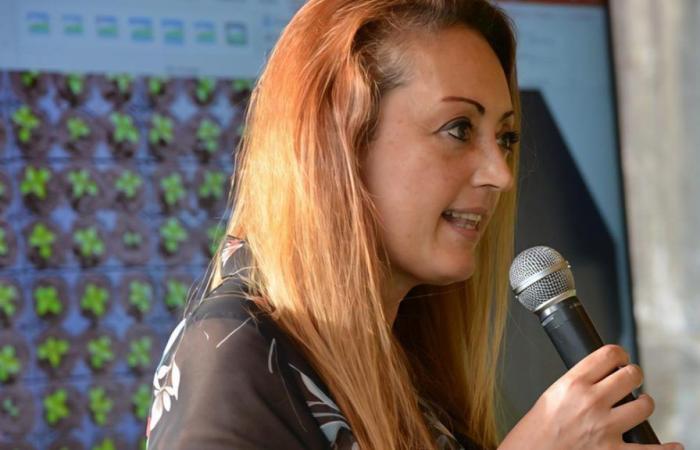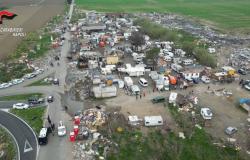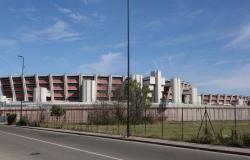A project with eyes wide open to the future and the environment. It is called “From vase to vase” and features the company Revet of Pontedera: printers and agrarians will team up to recycle plastic pots from nursery gardeners in the Pistoia district. It starts in September, when a short recycling chain will take off that will involve nursery gardeners from the Associazione Vivaisti Italiani (the District’s contact person), Revet for the collection and regeneration of plastic, pot printers and specialized traders (agrarians).
This is a supply chain agreement signed at the beginning of June which will see the Pontedera company with predominantly public capital (with Alia as the majority shareholder) which manages and enhances all the separate collection of packaging in Tuscany, begin to collect the jars (and tubes irrigation) discarded by nurseries: either directly in large nursery companies or in the specific storage center set up by Agribios for the delivery of small nurseries.
In the Revet plants, this plastic waste will first be reclaimed and then treated together with the plastics coming from the separate collection of packaging from Tuscan citizens to produce the polyolefin granule which constitutes the recycled raw material already used for the production of recycled vases. . Some large vase molding companies in Pistoia and the surrounding area, signatories of the supply chain agreement, will purchase the granules to produce certified vases which will then be purchased and marketed by some important agricultural companies where nurserymen normally obtain supplies for the purchase of vases and everything they need. “For us at Revet – explained Revet CEO Scappini – the agreement will lead to a slight increase in the quantity of plastics treated and granules sold, in addition to the image advantage of contributing to a Region that has built this supply chain unique from the point of view of circularity. While the printers will be able to count on the reliability of the product received from us and will have the certainty of a local market of buyers of the vases thus produced”.
The same goes for the agricultural companies, which will have the guarantee of being “the only ones who can sell these certified pots to the Pistoia nurserymen”. In short, for Scappini “it is a supply chain agreement in which everyone benefits, as long as everyone does their part by keeping the commitments made”.
Charles Baroni





